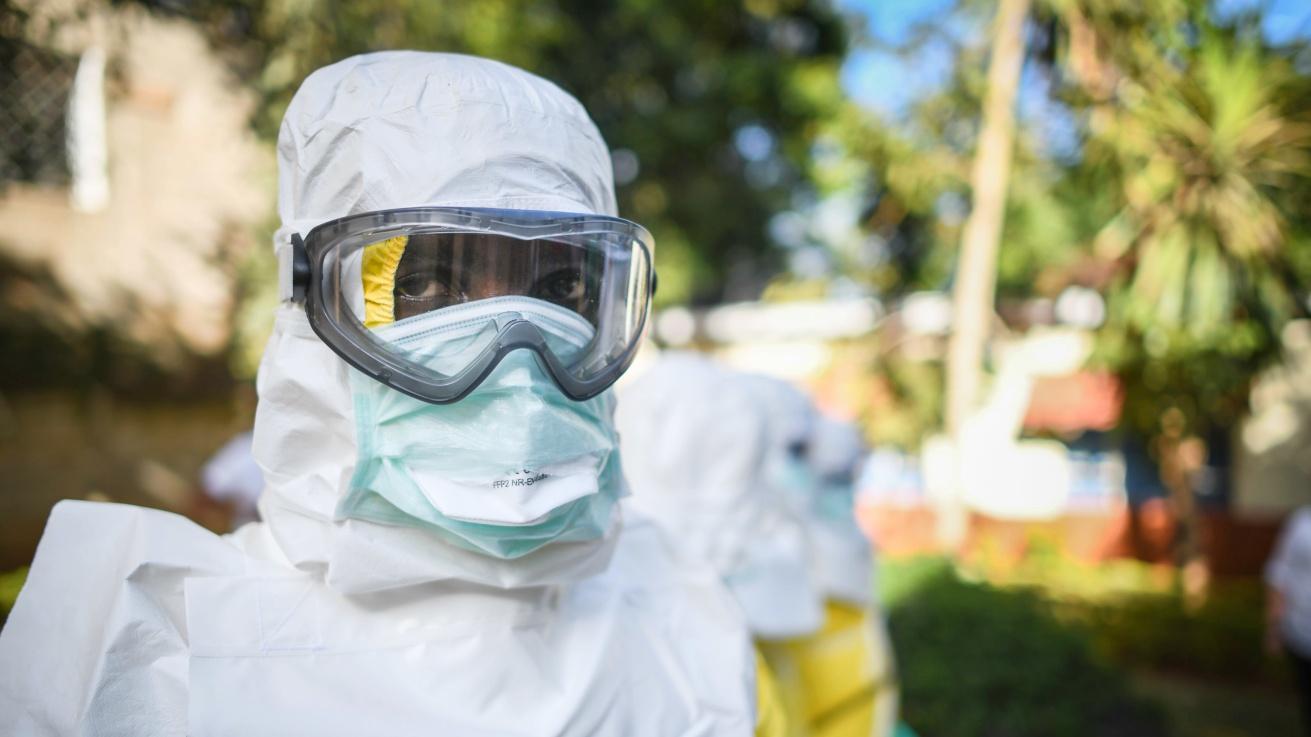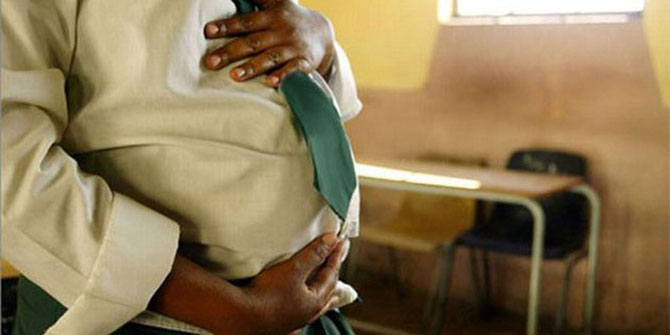LSE’s Victoria de Menil says that no time should be wasted in putting in place a comprehensive response for new and existing mental health and social needs following the shopping mall attack.
I have wandered on the wilderness
The great wilderness men call life.
The rain has beaten me,
And the sharp stumps cut as keen as knives.
I shall go beyond and rest.
— Kofi Awoonor (excerpt: Songs of Sorrow)
Renowned Ghanaian poet Kofi Awoonor fell victim to the attack by al-Shabaab militants at the Nairobi Westgate shopping mall from 21-24 September – a tragedy so fresh it has yet to be given a name. Was it a shooting, a siege, a massacre, a terror attack? Names have been given, however, to the 72 victims and counting with an equal number missing. Among them: Ruhila Adatia Sood, a popular TV and radio presenter, hosting a cooking competition for children on the roof; Ravi Ramattran, an LSE econometrics graduate working to make Kenyan banks more inclusive of micro-finance; Ross Langdon an award-winning architect building structures with local materials and designs such as lighting modelled on the weaver bird nest; his partner, Elif Yavuz, who graduated with a doctorate in global health from Harvard last June and was working on the Clinton Foundation’s Access to Health initiative. The couple had likely come to the Westgate mall for some last-minute shopping in preparation for the birth of their first child, an un-enumerated victim.

In the face of such loss, many are left asking how this event will impact Kenyans, and what should be their response? It is perhaps too early to address the political ramifications of these questions, but from the perspective of health and social care, now is the time to reflect and act.
Social and psychological impact
The best indication of how an individual or society will respond to trauma is not in the nature of the event, but in what precedes it. This fact is best described in the guidelines on “Mental Health and Psycho-social Support in Emergency Settings,” published in 2007 by the Inter-Agency Standing Committee (IASC), the primary coordinating body for humanitarian assistance. The IASC distinguishes the effects of an emergency along two axes: social versus psychological, and new versus pre-existing. While the media tendency is to focus on the new, it is often pre-existing problems, exacerbated by an emergency, that prove to be a bigger challenge in the aftermath.
Naturally, emergencies like the Westgate attack raise new problems. On a social level, families are devastated by the loss of a key member, businesses and livelihoods are shattered while government security agencies are being called to account. On a psychological level, countless people – and not just those directly touched by the incident — are experiencing grief, distress, worry and a sense of heightened insecurity. These are natural and non-pathological responses to a traumatic event. In addition, there will be new incidents of psycho-pathology: people who struggle to manage their levels of grief or worry and become clinically depressed, or develop an anxiety disorder.
One such pathology is post-traumatic stress disorder (PTSD), commonly understood as a form of anxiety. It is a frequent misperception that PTSD is the most common outcome of a traumatic event. Although estimates of PTSD incidence among adults and children vary tremendously, it is safe to say that most people who experience trauma will not develop PTSD. The latest evidence from a review of the literature suggests that people experiencing intentional trauma, such as a terrorist attack, tend to do worse than those experiencing unintentional trauma, for example a car accident: one year after an intentionally traumatic event on average one in four people (23%) suffers from post-traumatic stress disorder.
New problems aside, what are some of the pre-existing difficulties that the Nairobi attack could exacerbate? Socially, in Kenya, one of the great challenges is poverty, which could be worsened by material damage and the loss of a wage-earning family member. The victims of the Westgate Mall were on average among the wealthier members of society, but averages mask individual cases of vulnerability. At the boundary between social and individual, incidents of gender-based violence might also be expected to increase under acute circumstances, such as in the wake of an emergency.
On an individual level, pre-existing conditions such as alcohol and substance use disorders, which affect men at rates higher than women might deteriorate in response to the public violence. It is people with pre-existing mental disorders, however, who are one of the highest at-risk groups, and since most people with mental disorders in Kenya receive no treatment, this population deserves particular attention.
How to respond
Given what we know about the likely negative impact of the recent attack in Nairobi, what is the most appropriate response? The IASC defines two stages of action: the first is the “minimum response” which targets the highest priorities during and in the immediate aftermath of an emergency; the second is the “comprehensive response” aimed at longer-term solutions.
Several Kenyan agencies have taken initiative at the minimum response level. NGOs like the Africa Mental Health Foundation and the Oasis Africa Center for Transformational Psychology and Trauma are offering free counselling to those directly affected by the disaster with the aim of preventing a mental disorder from developing. Socially, churches, mosques, schools and social networks are helping to comfort affected families and interpret the events.
Developing a comprehensive response, however, will require greater attention and investment. Given that the pre-existing state of healthcare for people with mental disorders in Kenya was thin at best, considerable energy and resources will be necessary to address the surge in demand from those with pre-existing disorders and those with a new onset of illness.
One option, often promoted, is training for non-specialist health workers to deliver mental healthcare, with the aim of improving general healthcare. However, there is equally a dire need for trained mental health specialists, particularly psychiatric nurses and psychiatrists. The current training, based at Kenya’s 600-bed public psychiatric hospital, Mathare, is unappealing to most students of medicine. A better way of addressing common mental disorders that result from a traumatic event would be to ensure that mental health services are delivered in the community, as is already taking place in selected parts of the country with the help of organisations such as BasicNeeds and its partners (including Caritas), as well as smaller organisations, such as Kamili.
While I have chosen to focus on the problems resulting from the recent violence in Kenya, we must not lose sight of the strengths it has highlighted. As survival stories emerge, we have learned of a woman who calmed and saved her toddler by playing with shrapnel, pretending it was an insect, and of a black woman, a white man and an Asian boy finding communal safety under a Land Rover. As time goes by, there will be more examples, as yet untold – possibly of a mother continuing to pack her kids off to school despite having lost a husband, or a man returning to work down the street from the Westgate mall. Although examples of resilience tend to be less dramatic than those of loss, if the right social and psychological responses are put in place, these will become the dominant stories as Kenyans “go beyond”.






1 Comments